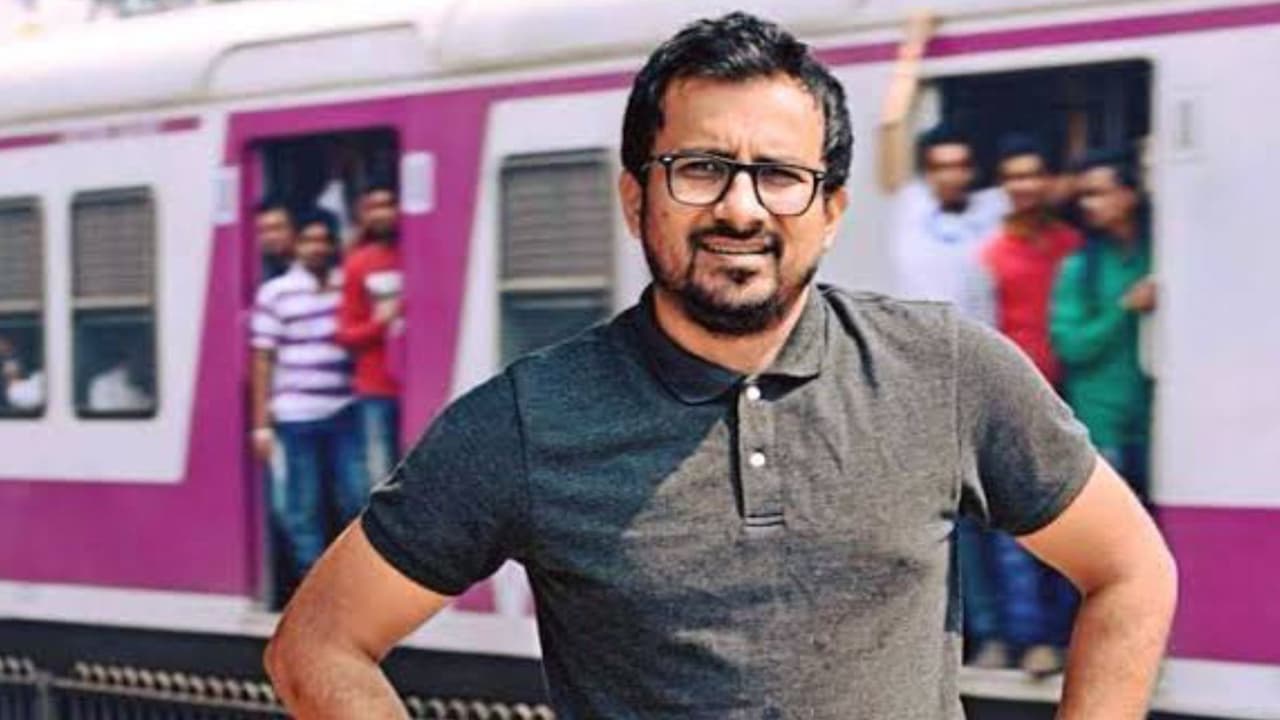Dipesh Tank turned personal struggle into action, fighting harassment and human trafficking. From Mumbai stations to shelter homes, he’s helped rescue 300+ girls, using courage, hidden cameras, and advocacy to ensure no victim stays unheard.
Mumbai: When most people wonder what gives someone the courage to fight for others, Dipesh Tank has a simple answer: “Because I’ve seen silence destroy too many lives.” Growing up in a modest home, Dipesh saw hardship up close. His father worked as a construction laborer, often battling fragile health, while his mother ran a catering business and returned home past midnight. Yet, no matter how late it got, she never left until the young girls working with her had safely reached home. That quiet act of responsibility became Dipesh’s earliest lesson in courage. By 14, he was already working—first as an office boy, then in call centres. His degree never got completed, but life taught him everything he needed. “Society called me a failure. I didn’t realize then that all those struggles were preparing me for something bigger,” he recalls. The turning point came in 2012, when the horrific Nirbhaya case shook India. “It broke me. That day I decided, I will never stand by in silence.”
Making Train Travel in Mumbai Safer
The following year, Dipesh witnessed young men harassing women at Mumbai’s Malad station. Offenders leaned out of trains, made lewd gestures, and even lunged at women on the platform. Attempts to get authorities to act were met with bureaucratic excuses: “The case doesn’t fall under our jurisdiction,” or “We can act only if the women file a complaint.” Instead of giving up, Dipesh chose to collaborate. He co-founded War Against Railway Rowdies (WARR), a volunteer group assisting rail officials in curbing harassment. Using hidden cameras, volunteers worked alongside plain-clothes officers to track offenders, relay their locations, and ensure they were intercepted at the next station. Over the years, more than 110 offenders have been caught, and authorities have increased CCTV coverage and installed cameras in some ladies’ compartments.
Determined to further strengthen his efforts, Dipesh invested in a high-end spy camera and now records harassment firsthand during his daily commutes on the Western, Main, and Harbour Lines. He spends an hour in the mornings and evenings capturing footage to share with authorities. Tank also conducted a survey of female commuters at Malad station, which revealed alarming results: 84% reported daily harassment, 78% had never seen police action, and many had been groped either on platforms or inside trains. He presented these findings to the National Commission for Women, the railway commissioner, and the railway minister, prompting corrective measures.
But Dipesh emphasizes that lasting change requires citizen involvement. “Commuters often stay silent when they witness harassment or dangerous stunts. Society must take responsibility and confront this menace instead of being passive bystanders,” he urges.
His mission didn’t stop at railway safety. In 2016, during a visit to a shelter home, he met a 13-year-old girl who was pregnant and malnourished. “It felt like someone had punched me in the chest,” he recalls. That moment led him to join an NGO dedicated to fighting human trafficking. Since then, he has participated in hundreds of rescues and helped save more than 300 girls.
Asked where his courage comes from, Dipesh smiles: “Maybe from my mother. She taught me that protecting others is not optional—it’s our duty.” Today, he doesn’t know what the future holds, but he is certain of one thing: “If I can help even one girl breathe freely, then maybe my struggles were worth it.”
